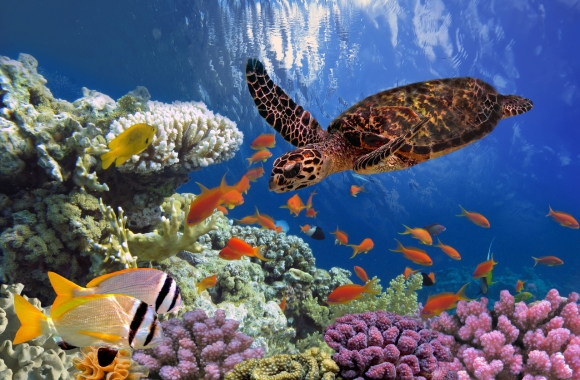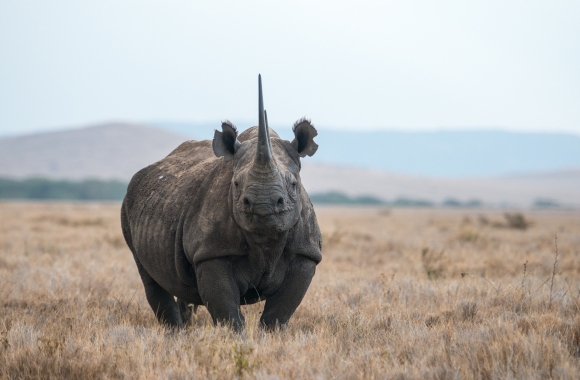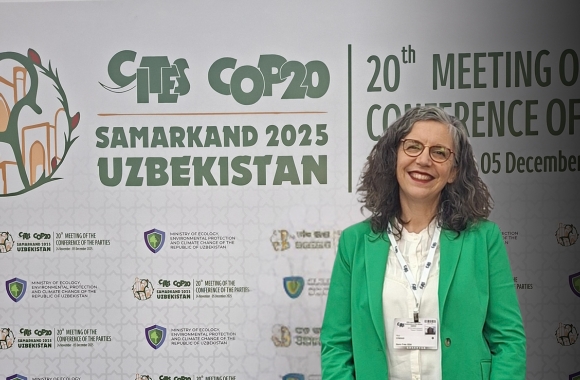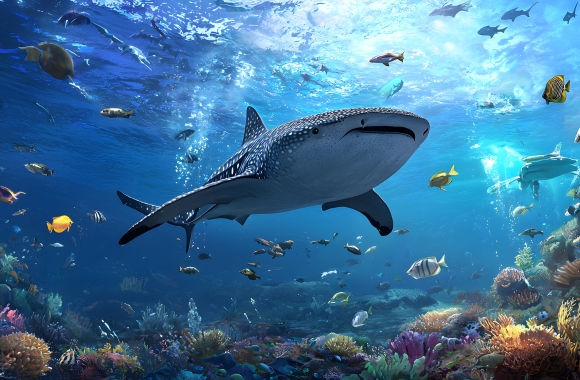Standing Up for Animals at International Conferences
To advocate for vulnerable species, Born Free participates in global-level conferences and meetings relevant to the protection of species heavily targeted by wildlife crime, such as those of the Convention on International Trade in Endangered Species of Wild Fauna and Flora (CITES) and the Convention on the Conservation of Migratory Species of Wild Animals (CMS). We advocate to secure stronger protection of key targeted species while supporting national authorities in the initiatives they lead to fight against wildlife crime, such as:
- Protections for African and Asian pangolins.
Born Free USA helped to secure the adoption of a prohibition of commercial trade in all eight pangolin species through their uplisting to CITES Appendix I. Thanks to this listing, trade in pangolins will be authorized only in exceptional circumstances. - Protections for African grey parrots.
Born Free helped to uplist African grey parrot species into CITES Appendix I in 2016, thereby prohibiting all international trade of this species for commercial purposes. - A step forward for African lion conservation.
We partnered with African countries at CITES to prohibit international commercial trade in lion bones, claws, teeth, and whole skeletons from wild lions. - Protections for Africa’s predator species.
Born Free engaged in the CITES Standing Committee Working Group on African Lions and the joint CITES-CMS African Carnivores Initiative (that promotes the conservation of lions, leopards, cheetahs, and wild dogs). - Curbing illegal trade in cheetahs, elephant ivory, rhino trade, and more.
Born Free USA helped secure recommendations on the long-term conservation of cheetahs, including efforts to stop the illegal trade in the species; succeeded in getting CITES Parties to consider the threats facing African wild dogs for the first time; and helped stop attempts to reopen the elephant ivory and rhino horn trades. - Protections for shark species. Born Free successfully advocated for listing various species of commercially-exploited shark species and African rosewood species in CITES Appendix II. Now, international trade of these species can be better monitored and regulated.
- Wildlife enforcement coordination in West and Central Africa.
Born Free USA partnered with West and Central African countries and successfully secured the adoption of decisions launching a threat assessment on illegal wildlife trade to allow the development of a more efficient regional response to wildlife crime. - Reducing demand for species targeted by illegal trade in West and Central Africa.
We collaborated with West and Central African countries and the U.S. to successfully advocate for the adoption of decisions on demand-reduction.
The 18th Meeting of the Conference of the Parties to CITES will take place in Sri Lanka in 2019. Please check back on our CITES page for more information about the 2019 meeting.
Learn more about CITES:
Learn more about CMS:
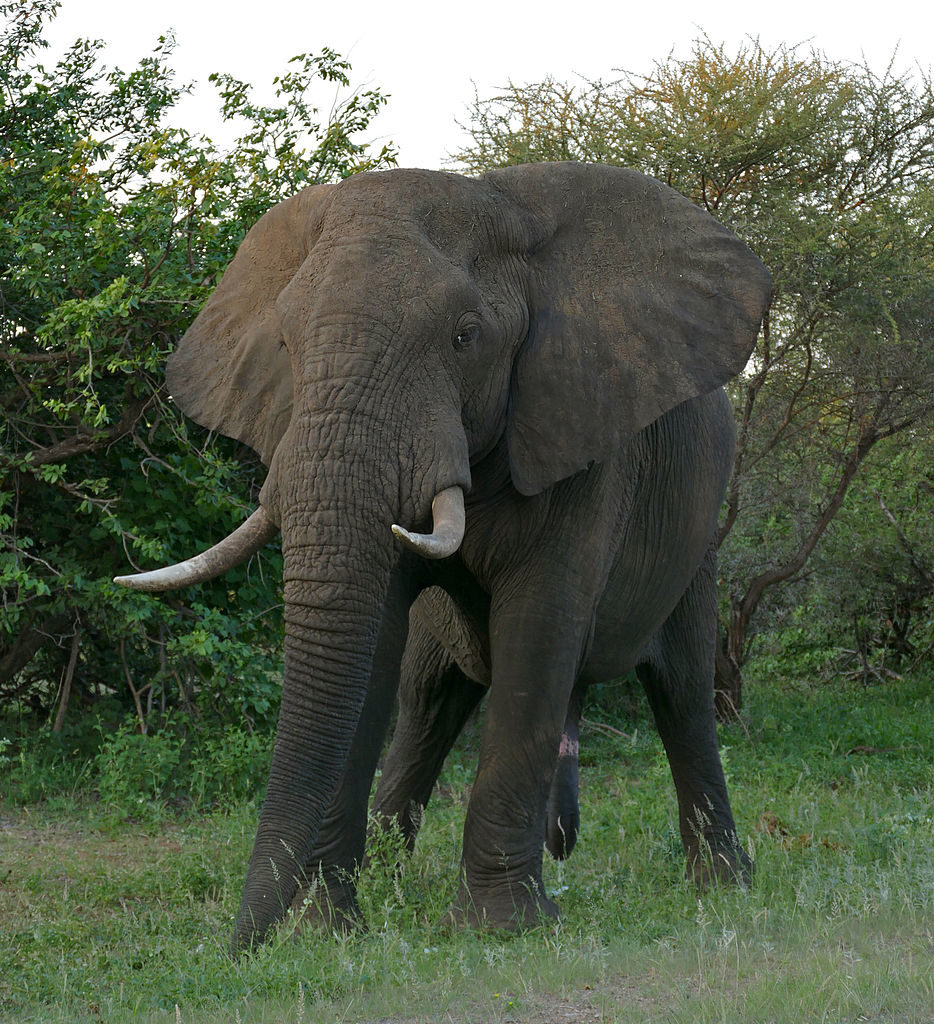
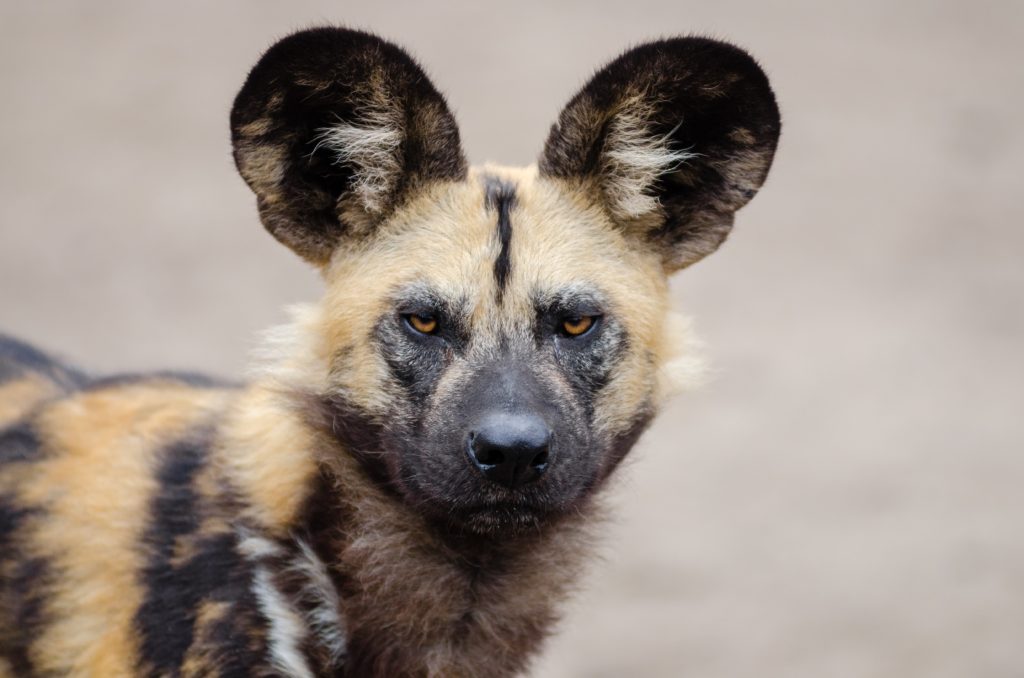
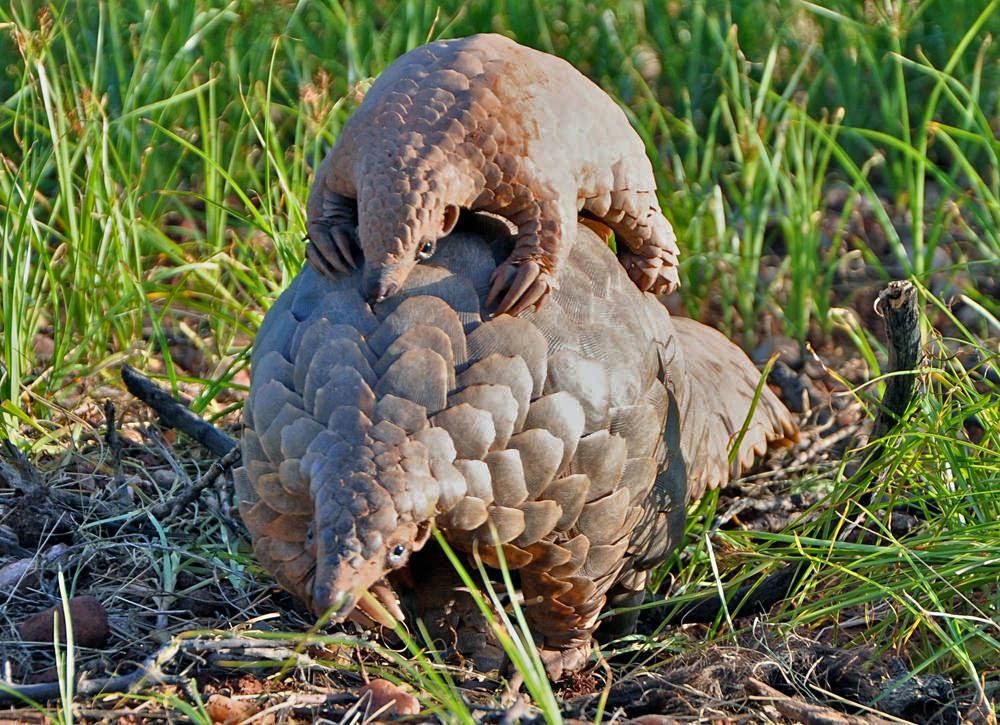
Born Free USA at CITES
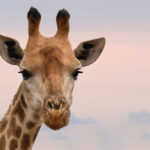
Pushing for Stronger Protections for Wildlife at CITES CoP18
In August 2019, Born Free was at The Convention on International Trade in Endangered Species of Wild Fauna and Flora (CITES) Conference of Parties (CoP) 18 in Geneva, Switzerland. CITES is an international agreement between governments that aims to ensure that international trade in wild animals and plants does not threaten species’ survival. Born Free was at the meeting, advocating for stronger protections for species in trade. Learn more about our work and victories at CITES.
Latest News and Work
January 27, 2026
